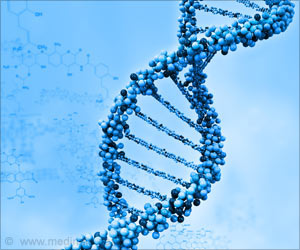In this study, researchers focused on a group of 112 patients with severe, extremely treatment-resistant schizophrenia who have required long-term hospitalization in New York State inpatient facilities.
“The hypothesis is that these patients might have a greater prevalence of disease-causing mutations because they have such a severe form of the illness, and that’s what we ended up seeing,” said Zoghbi, corresponding author of the study and Beth K. And Stuart C. Yudofsky Scholar at Baylor.
Researchers examined mutations across a set of intolerant genes, which are infrequently mutated in the healthy, general population.
Later, they conducted genetic sequencing and examined the burden of rare, damaging variants impacting gene function in three groups: people with severe schizophrenia, people with typical schizophrenia, and a control group of healthy individuals.
More than 48% of individuals with extremely treatment-resistant schizophrenia carried at least one of the rare, damaging variants, versus approximately 30% of those with typical schizophrenia and 25% of the control group.
The severe schizophrenia group also had a higher variant burden in genes previously associated with schizophrenia than the group with typical schizophrenia.
Identifying rare variant risk factors in individuals with severe schizophrenia could lead to a better understanding of prognosis and treatment resistance and more opportunities for genetic counseling for families impacted by this disease.
This study also may lay the groundwork for future research on therapeutics to target genetic mutations associated with schizophrenia.
Source: Medindia



